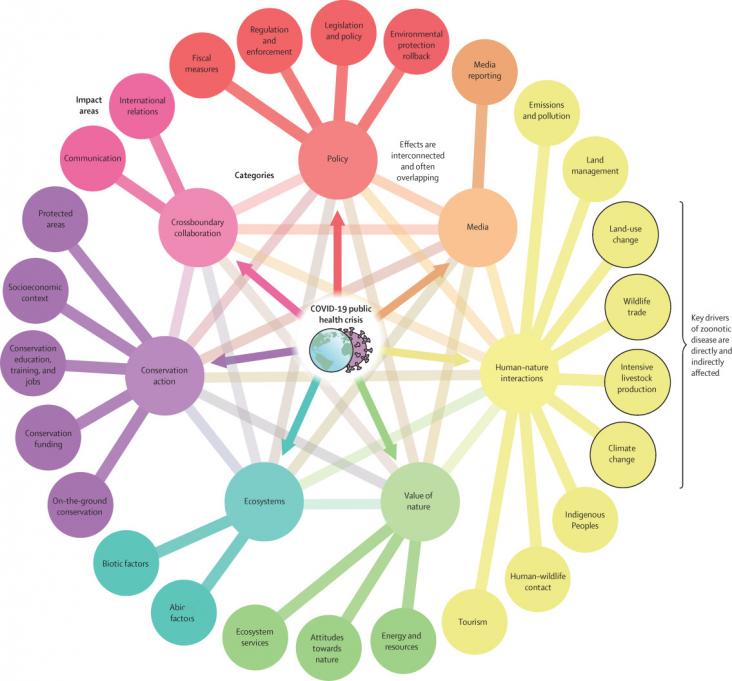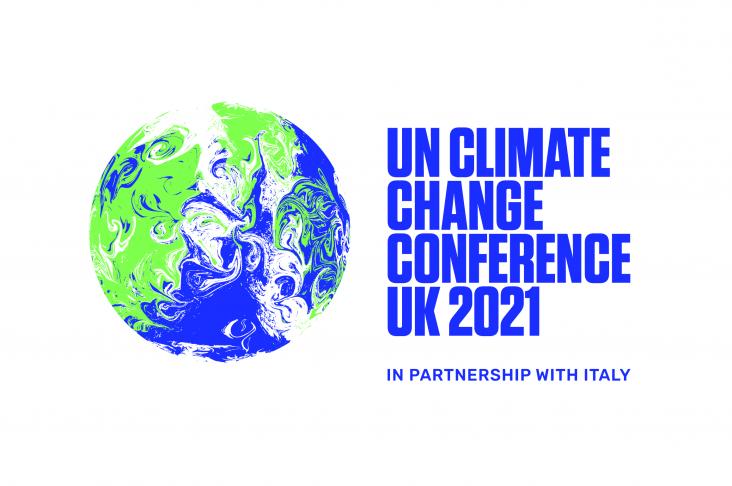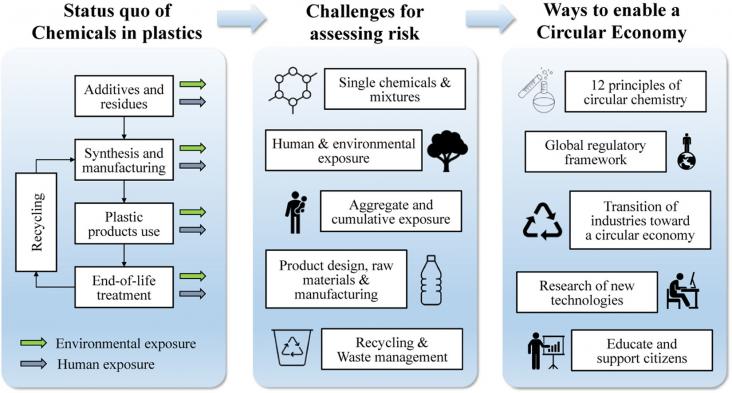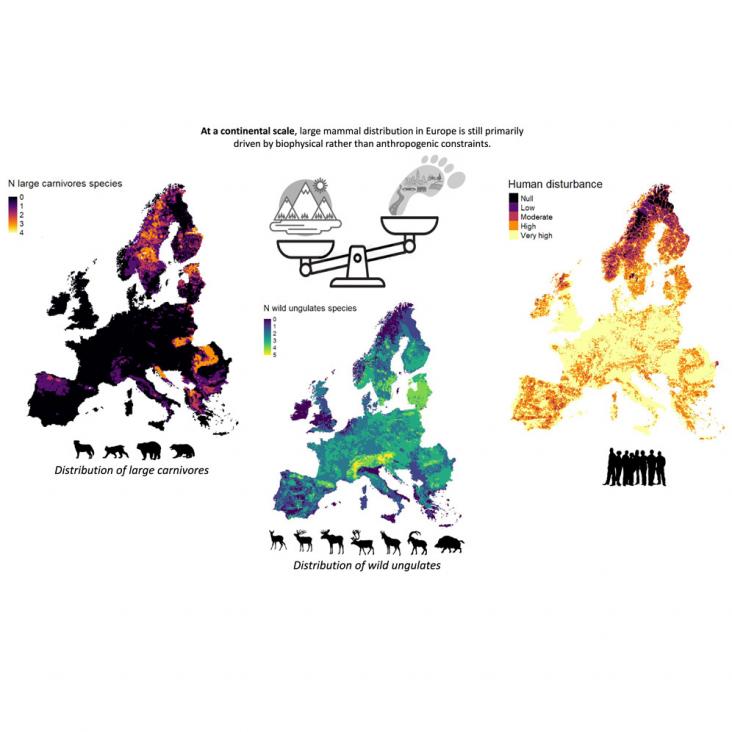This book chapter advances SDGs 9, 13, and 15 by highlighting coastal management problems related to the reclamation process that have been addressed through geoinformatics. The findings of the study carried out offer a detailed overview of the quantity and quality of research materials reported thus far on the subject of the recycling process, remote sensing, and Geographical Information System innovations.

The ongoing COVID-19 pandemic, caused by zoonotic SARS-CoV-2, has important links to biodiversity loss and ecosystem health.
This articles describes an investigative study in a suspected wildlife hunting incident in which molecular biology techniques were employed to identify the species involved. The genetic analysis in this study was suitable for diagnosing the species and concluding a criminal investigation. Molecular forensic techniques can, therefore, provide an important tool that enables local law enforcement agencies to apprehend poachers.

COP26 is the 2021 United Nations annual climate change conference. COP stands for Conference of the Parties.

Enabling a circular economy for plastics in Europe and beyond is an ambitious goal. To reach a fully closed loop, numerous challenges and knowledge gaps need to be overcome.
This article supports SDG 9, 14 and 15 by looking at how to create sustainable infrastructure with the help of examples from nature.

A critical question in the conservation of large mammals in the Anthropocene is to know the extent to which they can tolerate human disturbance.
Tracking progress toward the Sustainable Development Goals (SDGs) requires monitoring of various social-ecological indicators over space and time, including the ratio of land consumption rate to po
Deforestation in Ituna/Itatá Indigenous Land increased 654% between 2018 and 2019. 94% of Ituna/Itatá has been claimed in the Brazilian Rural Environmental Registry. Belo Monte dam and Belo Sun mining project cause land speculation in Ituna/Itatá. Brazilian government policies threaten forest protection and indigenous peoples. Unilateral land tenure regulation would obstruct Indigenous Lands demarcation.

